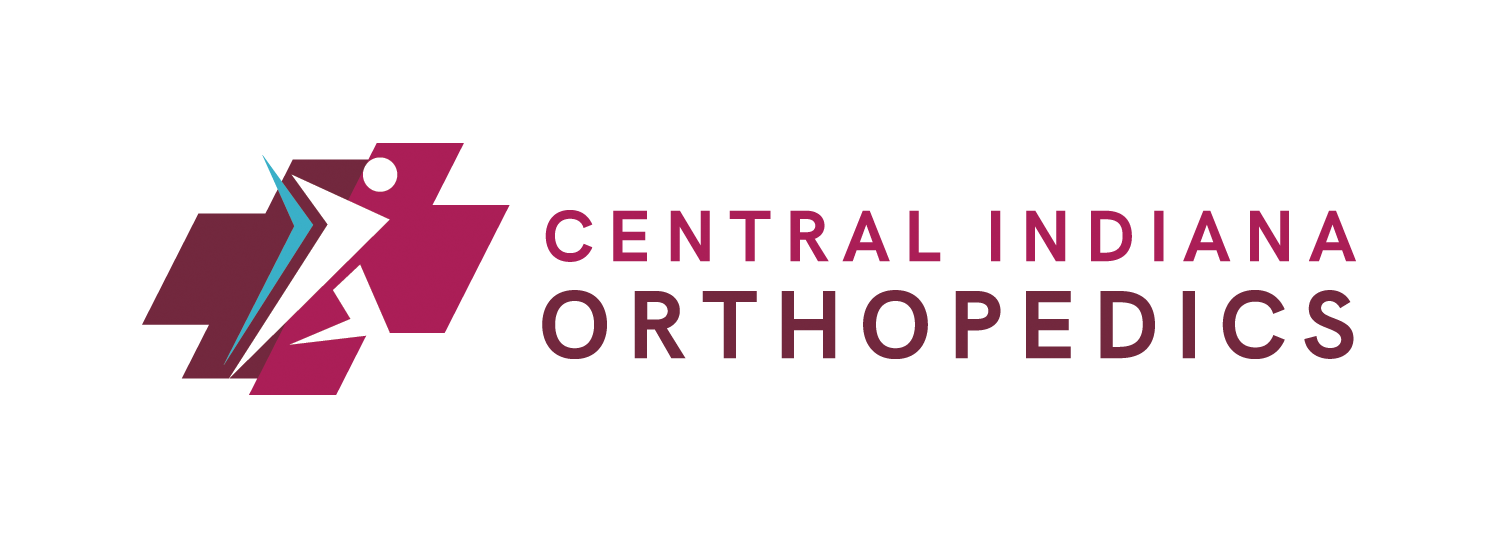In this next topic of our Ask CIO Series, we sat down with Dr. Ryan Jaggers and asked him all about Sports Medicine, including his background and what he enjoys most about this area of medicine. A sports medicine physician has specialized training in musculoskeletal medicine and has the expertise to treat a broad range of injuries. They have the ability to help athletes at all levels maintain adequate health and can provide education on injury prevention. Read on to learn more from our interview with Dr. Jaggers.
What are the typical sports injuries you treat?
Common sports injuries include, but are not limited to, fractures, muscle sprains or strains, ligament and tendon tears or ruptures and overuse injuries. Injuries can be categorized as acute or chronic. Acute sports injuries happen suddenly, most commonly caused by impact, a fall or misstep. These types of injuries are more time sensitive in nature, and patients can benefit from accessing our Walk-In Clinics, no appointment needed. On the other hand, chronic injuries develop over time, often caused by overuse or long-term repetitive motion. Since chronic injuries are less urgent, scheduling an appointment is most appropriate.
What are the most common treatments for sports injuries?
Typically, the majority of sports injuries do not require surgery; therefore, rest and rehabilitation are the most common treatments. Since physical therapists are experts in treating a variety of orthopedic injuries and conditions, we often include physical therapy as part of the patient’s conservative treatment plan for appropriate sports injuries.
What about using ice vs heat for injuries?
Ice is a very effective anti-inflammatory, so painful, swollen areas of the body typically respond well to ice. Heat promotes blood flow, so it’s beneficial for tight or sore muscles, but not something you want to put on an inflamed body part.
What’s the best advice you can give athletes to help them avoid injury?
I recommend athletes are properly conditioned going into their season or event, and making sure they have the proper technique. These are things that need to be addressed far in advance. Participating in preseason workouts are important to ensure proper conditioning, improve performance and reduce risk of injury during the regular season. Working with coaches and trainers to understand proper technique will allow athletes to perform in their sport as safely as possible.
Why do you enjoy your particular areas of medicine?
Within orthopedics, my specialties include sports medicine and joint replacement. In both areas, I like seeing people get back to whatever they enjoy doing most. Whether it’s an athlete, a working professional or someone retired wanting to spend time with their family, it’s the satisfaction of seeing them at the conclusion of their treatment that they’re better than when they came in, and they’re back to doing what they love or exceeding expectations.
Why did you decide to specialize in sports medicine?
I decided to specialize in sports medicine because I enjoy working with athletes. I’ve had the privilege of incorporating my love of sports into my career and spent eight years as the head team physician of Hanover College, as well as working with the NFL Combine and several local central Indiana high schools. This has given me a unique perspective when it comes to taking care of an injured athlete. Whether surgical or non-surgical, I like supporting patients through their journey of care and getting them back to participating in their sport or activity. Athletes are often a very highly motivated population, so it’s rewarding to see them get back to what they love as soon as possible.
When should someone seek treatment for an injury?
In terms of seeking care for a sports injury, it’s important for patients to recognize when what they are doing is not working. If the injury is more time sensitive, such as a fracture or an injury causing sudden intense pain, someone should absolutely not delay seeking treatment. For injuries not as urgent, if it’s been more than a week or two and conservative treatments are not providing pain relief, it’s important to be evaluated. Once we understand the nature of the injury, we can reach a diagnosis and get the patient on the road to recovery.
To schedule an appointment with a sports medicine physician, call 800-622-6575 or learn more at ciocenter.com/services/sports-medicine/. For recent injuries (occurring within the last two weeks), visit our Walk-In Clinic.

